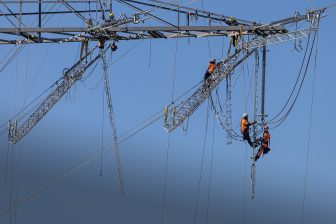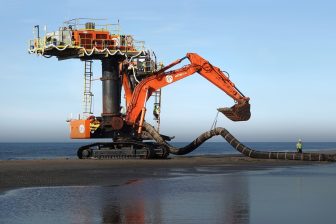Antitrust: Commission sends Statement of Objections
The European Commission has sent a Statement of Objections to 12 companies detailing the Commission’s preliminary view that they may have participated in a cartel for submarine and underground power cables and related products and services. The sending of an SO does not prejudge the final outcome of the investigation.
The Commission has concerns that the producers may have colluded to allocate markets and customers for underground and submarine power cable projects and fix prices in the EEA. Power cables are used for the transmission and distribution of electrical power and are laid either underground or under water. They are typically used to connect generation capacity (in particular capacity based on renewable energy sources) to the electricity grid or to interconnect power grids in different countries. The price of such cables is therefore directly relevant for electricity consumers.
In January 2009 the Commission carried out unannounced inspections at the premises of a number of producers of power cables (see MEMO/09/46).
A Statement of Objections is a formal step in Commission investigations into suspected violations of EU rules on restrictive business practices (Article 101 of the Treaty on the Functioning of the European Union). The Commission informs the parties concerned in writing of the objections raised against them and the companies can examine the documents on the Commission’s investigation file, reply in writing and request an oral hearing to present their comments on the case before representatives of the Commission and national competition authorities.
The Commission does not reveal the name of the companies at this stage as it respects the rights of the defence and the presumption of innocence. The duration of cartel investigations varies according to the complexity of the case, the number of markets and companies involved and whether they cooperate with the Commission.
If, after the parties have exercised their rights of defence, the Commission concludes that there is sufficient evidence of an infringement, it can issue a decision prohibiting the conduct and impose a fine of up to 10% of a company’s annual worldwide turnover. This is without prejudice to a company’s ability to receive full immunity for being the first to reveal information about a cartel or to receive a reduction in its fine for supplying evidence of significant added value according to the Commission’s Leniency Notice.
U las zojuist één van de gratis premium artikelen
Onbeperkt lezen? Profiteer nu van de introductieaanbieding voor € 10,- per maand.
Bent u al abonnee?



